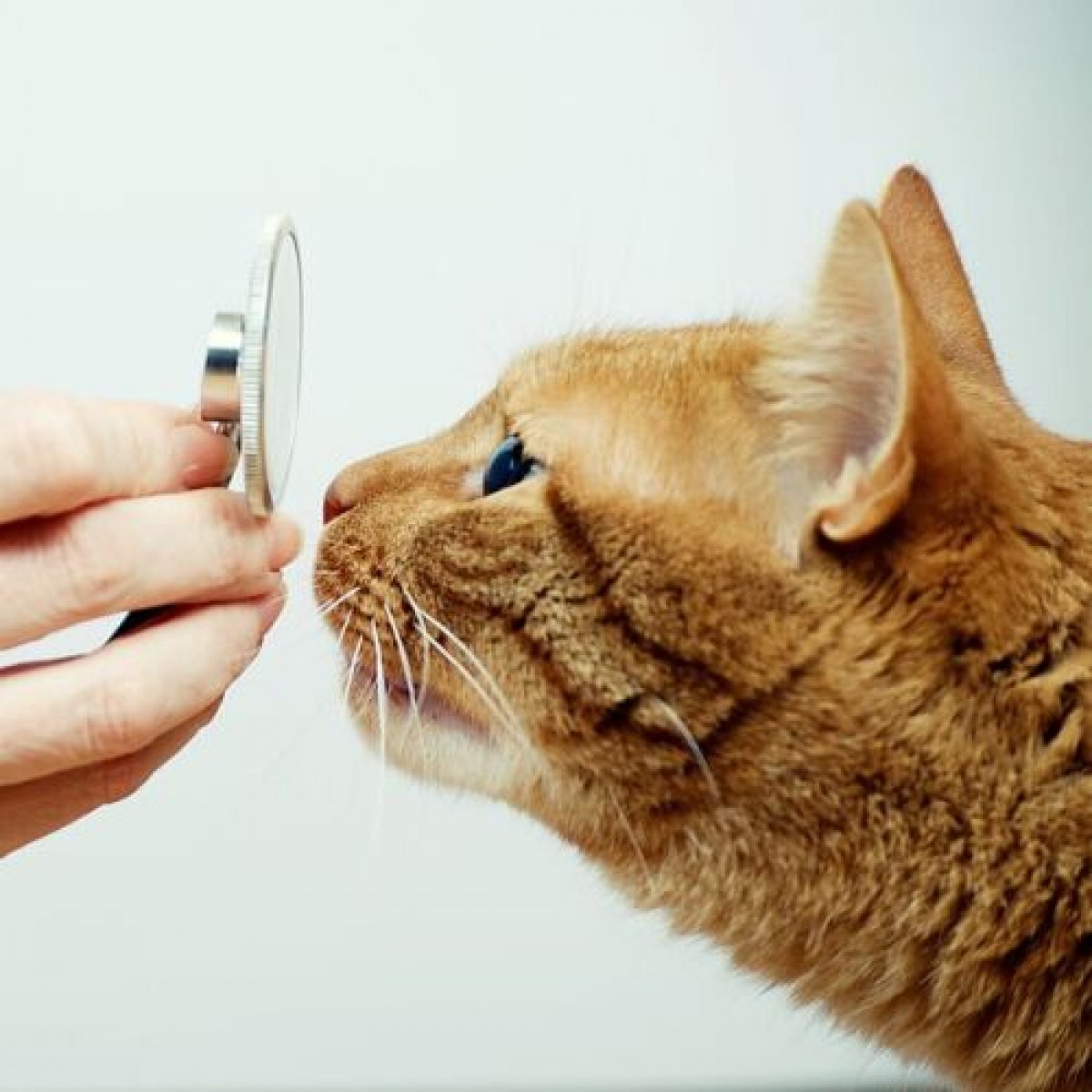Risk factors of meningoencephalitis of unknown origin in dogs
Meningoencephalitis of unknown origin (MUO) comprises a group of noninfectious inflammatory diseases affecting the central nervous system of dogs. Previous studies have reported individual risk factors for survival but prognostication for MUO remains challenging. This retrospective study aimed to identify clinical prognostic variables in dogs with MUO.
Medical records of dogs presented to 2 UK referral hospitals and diagnosed with MUO were retrospectively reviewed. Multivariable logistic regression was used for the identification of risk factors for survival and Cox proportional hazards analysis for the identification of risk factors for clinical relapse.
In total 447 dogs with MUO were included. Eighty-two percent (366/447) of dogs with presumptive MUO survived to discharge and 63.5% (284/447) were alive at 6 months; 36% of the latter (103/284) had persistent neurological deficits. Breed (pugs; P = .03), epileptic seizures (P < .001), paresis (P < .001), and higher neurodisability scale (NDS) score (P < .001) at presentation were negatively associated with survival to 6 months. Dogs with persistent deficits had higher NDS scores on presentation (P = .001). Median follow-up time was 11 months (interquartile range [IQR], 1-24) and 50.6% (160/316) relapsed during treatment (median time to relapse, 7 months; IQR, 2-15). Incomplete resolution of the clinical signs during the 6 months after diagnosis (P < .001), higher NDS score (P < .001), and longer duration of the clinical signs (P < .001) were associated with relapse.
In conclusion, the knowledge of risk factors associated with survival, incomplete recovery and clinical relapse in MUO can help guide monitoring and treatment and improve owner communications regarding prognosis for this debilitating disease.
“Prognosis in meningoencephalitis of unknown origin in dogs: Risk factors associated with survival, clinical relapse, and long-term disability”. Rita Gonçalves, et al. J Vet Intern Med. 2024 Mar 14. doi: 10.1111/jvim.17037.
Source: https://onlinelibrary.wiley.com/doi/pdf/10.1111/jvim.17037














List
Add
Please enter a comment